Islamophobic Groups Rapidly Increase
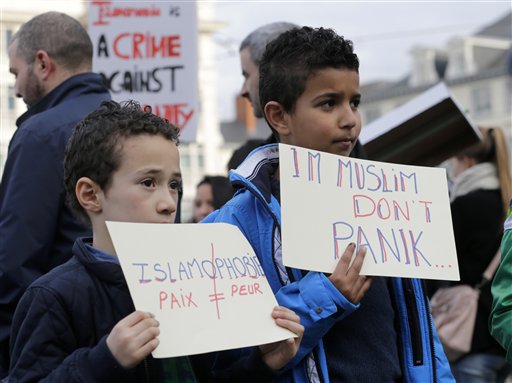
(AP Photo/Yves Logghe)
For a country that strives for its freedom and democracy, there sure has been quite a target put on the backs of Muslims in the U.S. Ever since the terrorist attacks orchestrated from ISIS, there has been a heavy amount of discrimination against those who practice Islam.
Recently a teen was escorted off a plane for speaking Arabic. Khairuldeen Makhzoomi said he was “waiting for his flight to Oakland”, so he decided to give his uncle a call. By the end of the conversation, an Arabic-speaking employee at Southwest Airlines asked him why he was speaking Arabic and ordered him to be removed.
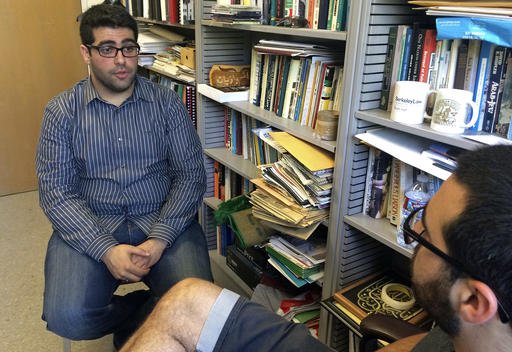
Khairuldeen Makhzoomi talks during an interview in his office in Berkeley, Calif., Monday, April 18, 2016.
Not even AVHS is immune from this discrimination. Senior Fatuma Issak said that she is treated differently because she is Muslim. “They’re kind of disgusted by what we believe in, what we do on a daily basis. I’ve never been discriminated at this school but outside of school. “They say stuff like, ‘Go back to your own country, you’re a terrorist,’ and it happens two or three times a week.”
There’s been a lot of discrimination against Muslims, with an increase in anti-Islam groups. At first they were formed from the fear and paranoia of 9/11. However, the more recent groups have formed in response to the conflicts with ISIS and the refugee crisis in Europe.
A recent Star Tribune article explored the spread of these anti-Islam groups in Minnesota, especially the rural areas around St. Cloud: “If there’s a hot spot in the state for tensions, it’s been in and around St. Cloud, where a series of divisive messages recently surfaced: A billboard on a local highway said resettling Muslims was either evil or insane. A Minnesota vanity license plate that displayed profanity directed at Muslims was seen in the city and photographed, with the photo circulated on social media.”
“A lot of these fears are coming from that type of general fear of the ‘other,’ and not real knowledge of Islam,” said Jaylani Hussein, executive director of the Minnesota chapter of the Council on American-Islamic Relations (CAIR).
Islamophobia is not to blame on Muslims, but from others’ ignorance of their actual religion. As Fatuma Issak said, “I’m at a point right now where I feel like being different is unique, that me being different should not be disgusting and people can see the good in me because most of us are not what they say we are.”



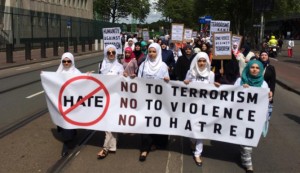
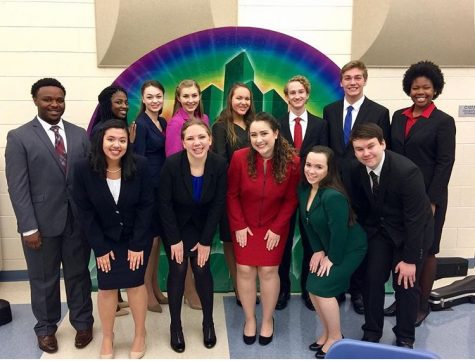

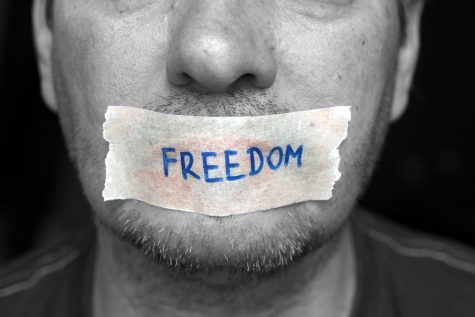
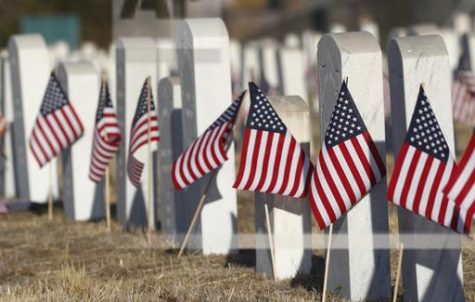
Celia Nguyen • May 3, 2016 at 4:33 pm
Hi, thanks for your feedback! very much appreciated sorry for the error Fatuma Muse.
Fatuma Muse • Apr 29, 2016 at 9:32 pm
Hi , I’m Fatuma Muse and I’m not a senior nor was I interviewed for this article .Talon got my last name wrong with another girl that has same name but different last name . Just notifying you this